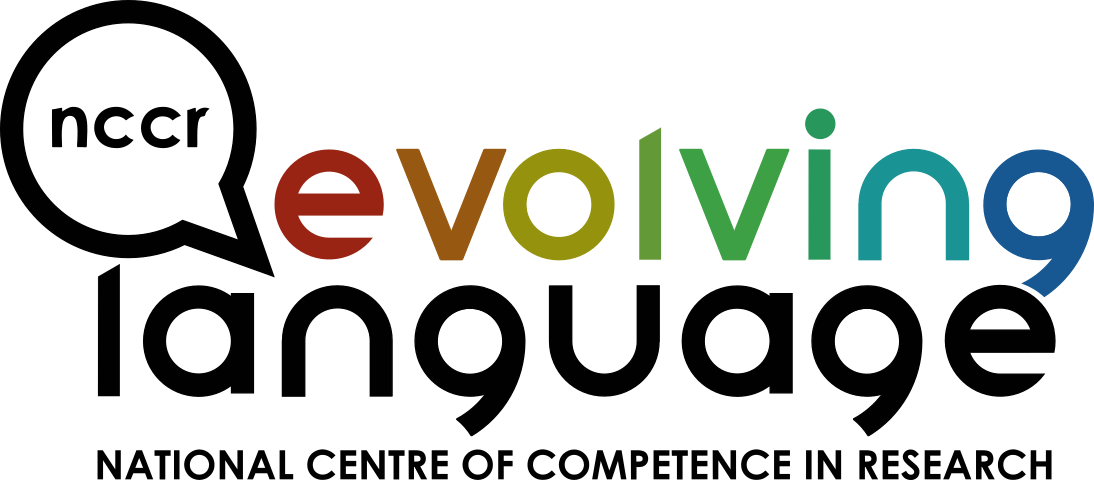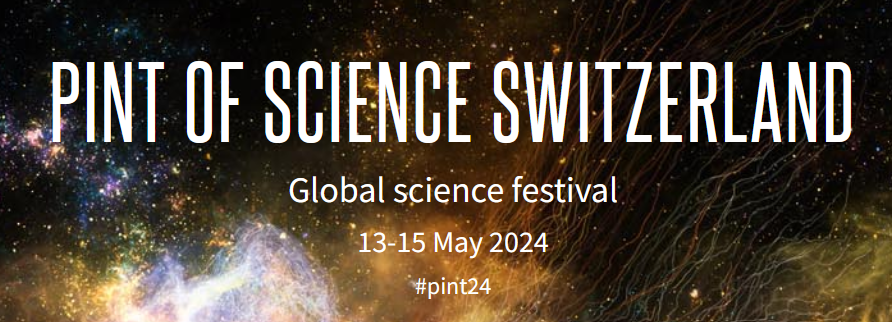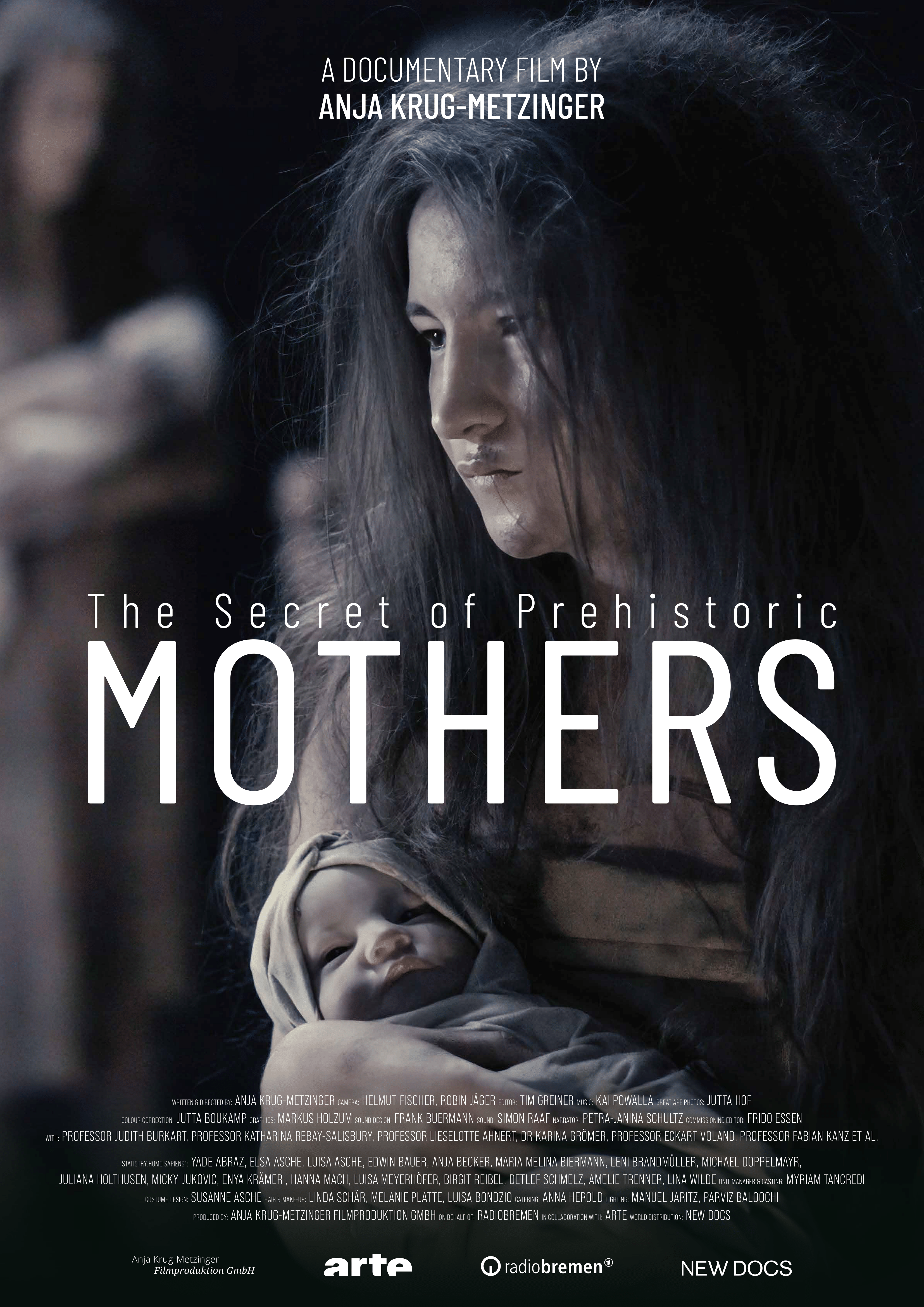Exploring the past, present and future of language
The Swiss National Centre of Competence in Research (NCCR) Evolving Language is a nationwide interdisciplinary research consortium bringing together research groups from the humanities, from language and computer science, the social sciences, and the natural sciences at an unprecedented level. Together, we aim at solving one of humanity’s great mysteries: What is language? How did our species develop the capacity for linguistic expression, for processing language in the brain, and for consistently passing down new variations to the next generation? How will our capacity for language change in the face of digital communication and neuroengineering?
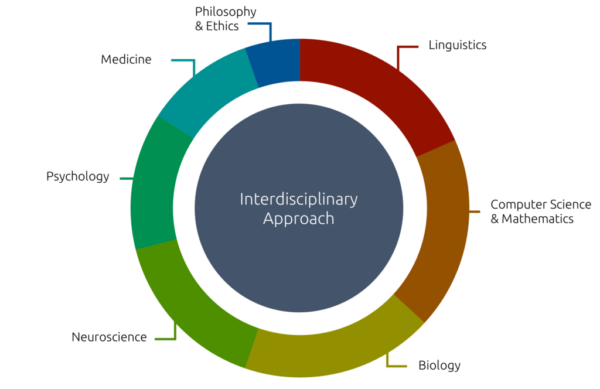
-
> All publicationsWu, S., Bhadra, K., Giraud, A.-L., & Marchesotti, S. (2024). Adaptive LDA Classifier Enhances Real-Time Control of an EEG Brain–Computer Interface for Decoding Imagined Syllables. Brain Sciences, 14(3), 196. https://doi.org/10.3390/brainsci14030196
Upcoming Events
B&C/ISLE/NCCR Colloquium – From lexical selection to articulation across the lifespan – Marina Laganaro
Our Network
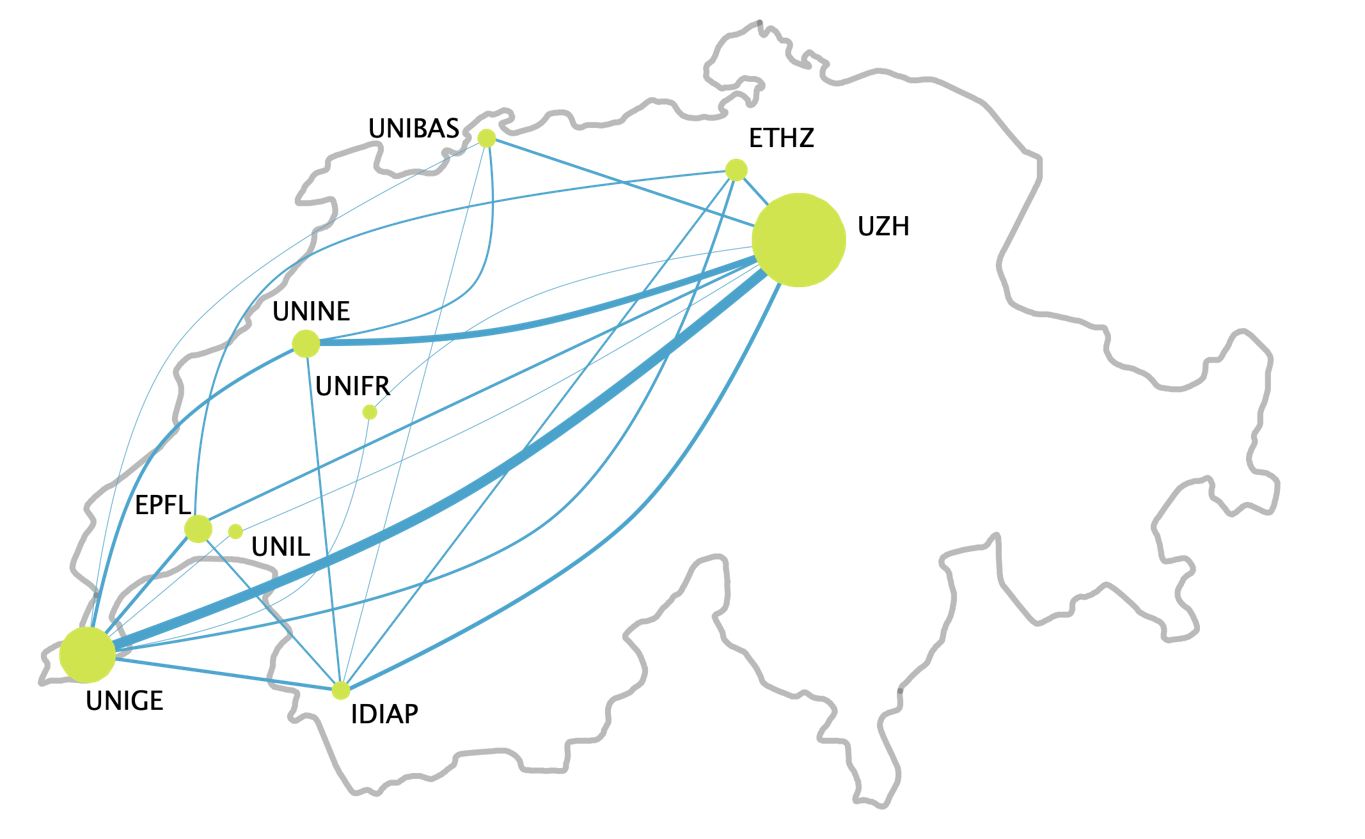
Evolving Language is led by Balthasar Bickel (Department of Comparative Language Science, UZH), Daphné Bavelier (Cognitive Neuroscience group, UNIGE) and Klaus Zuberbühler (Institute of Biology, University of Neuchâtel). Over 30 research groups across Switzerland are taking part in this NCCR, from 9 different institutions as well as partners in industry (Google AI, Sonova) and public organizations.
Leading house

Co-leading house

Funding agency

Partners

Swiss Data Science Center

Wyss Center
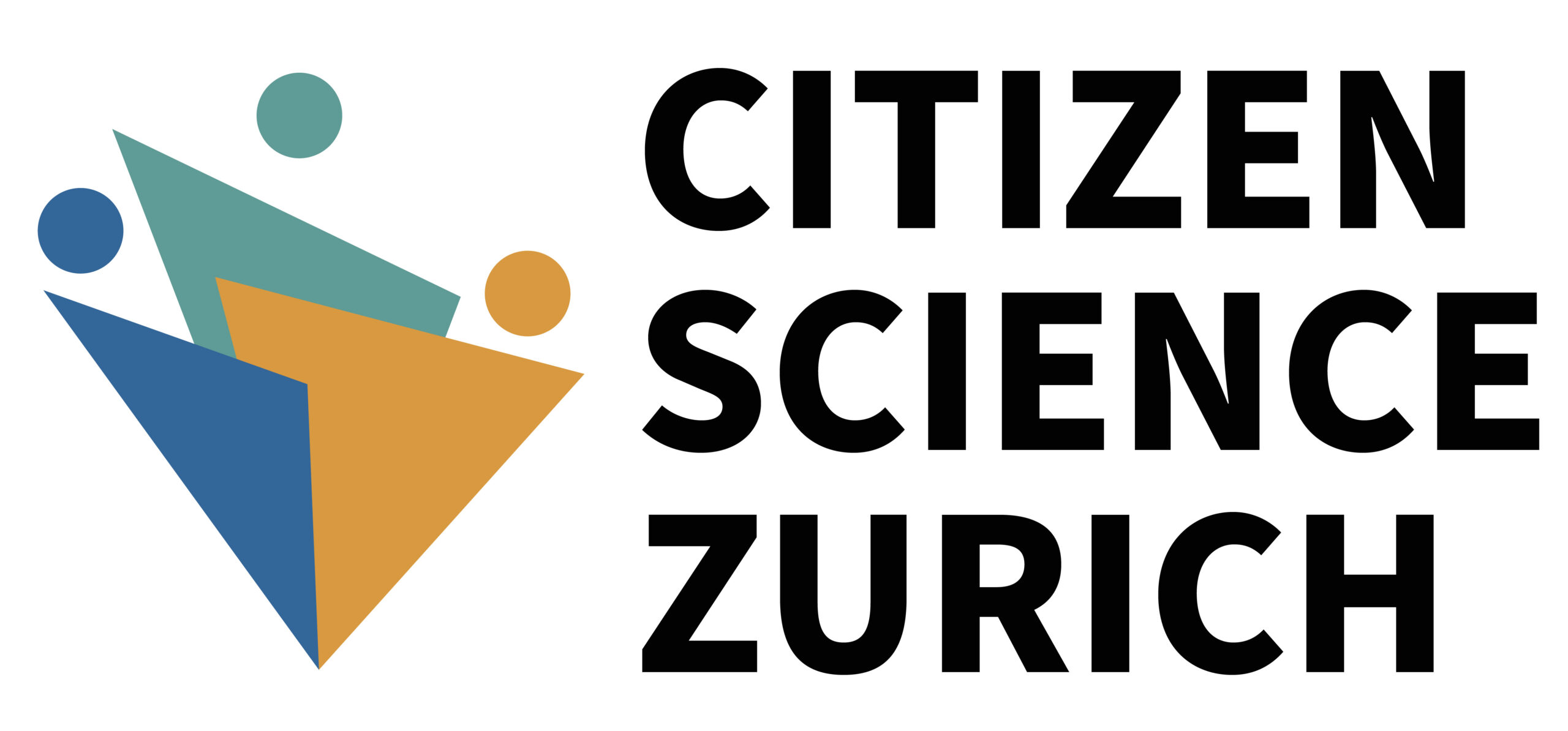
Citizen Science Zürich
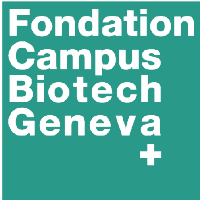
Fondation Campus Biotech
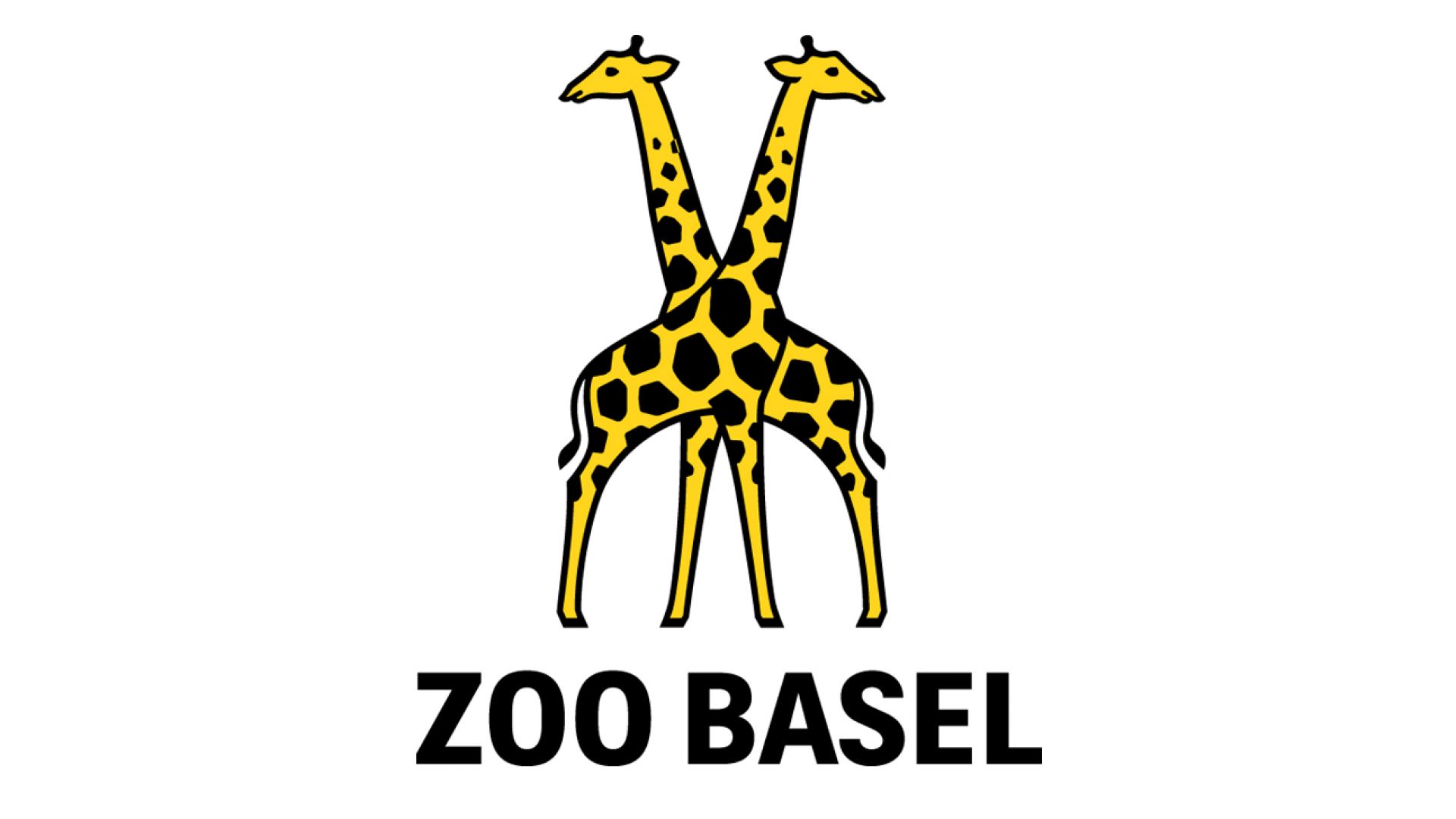
Zoo Basel
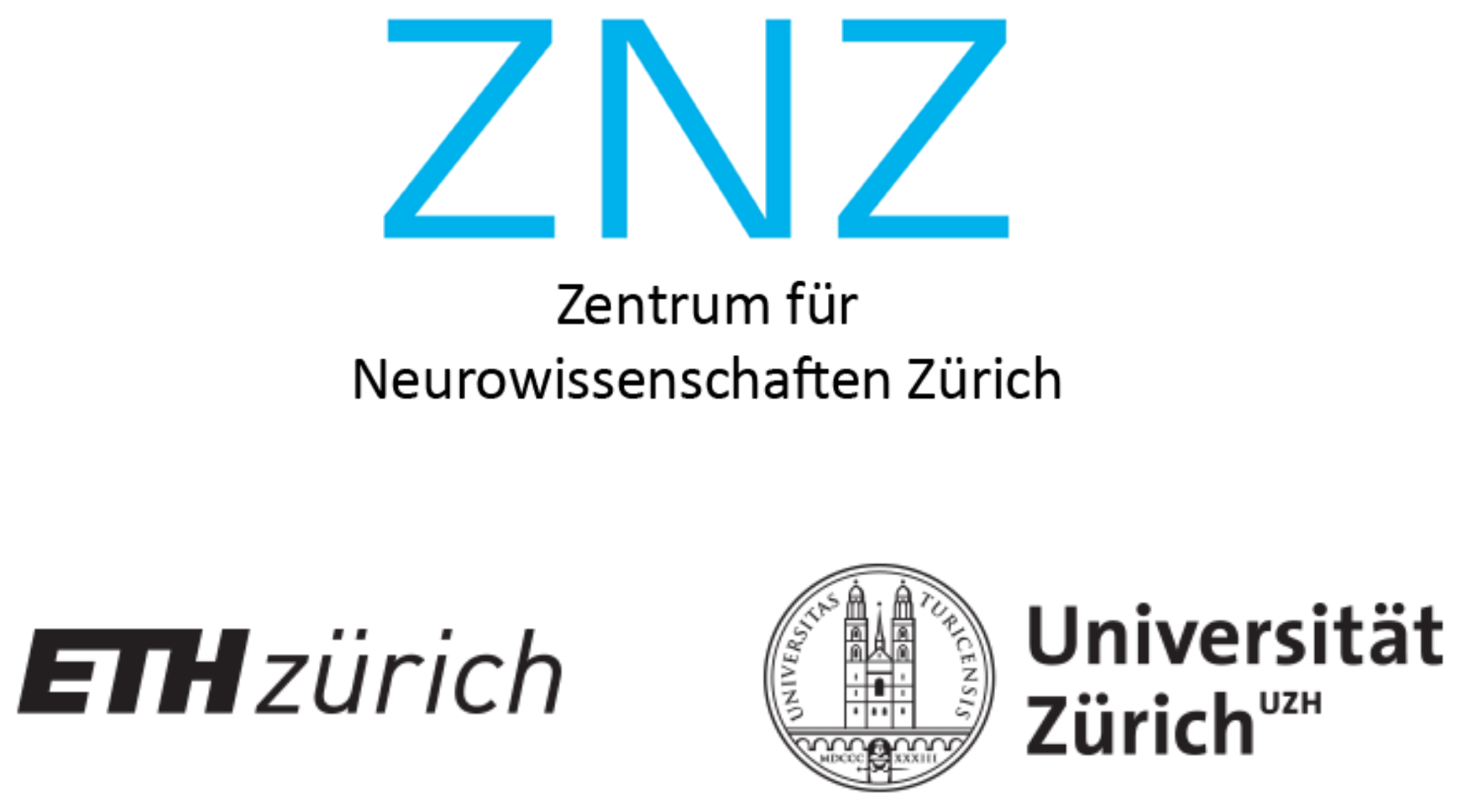
Neurocenter Science Zurich
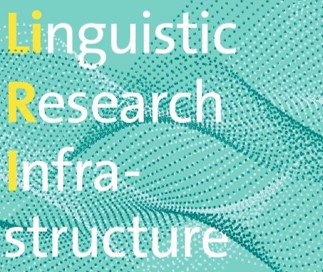
Liri

Sonova

